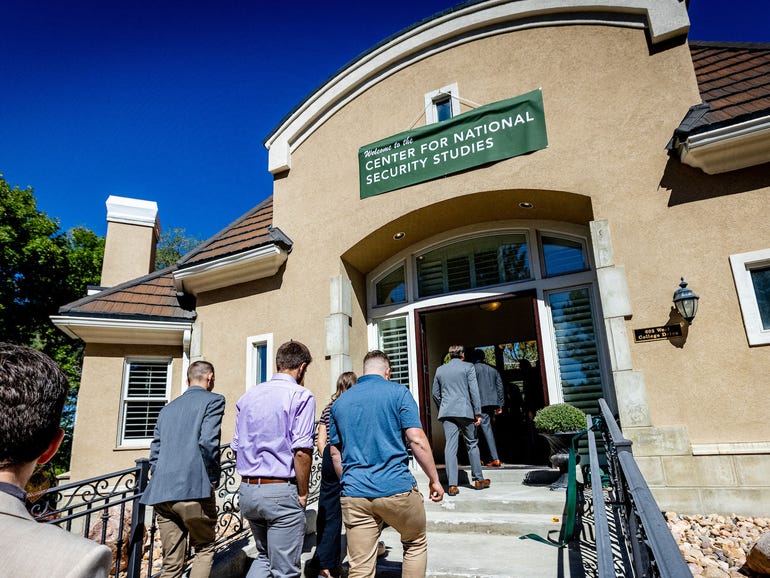Utah legislature awards two universities with $5 million for cybersecurity and tech programs

The cybersecurity industry continues to have issues finding talent to fill all of the available roles. To address the problem, the Utah legislature is giving Utah Valley University (UVU) and Utah State University (USU) a $5 million grant. The goal is to build an academic pipeline that will prepare students to work in fields like cybersecurity, security analytics, and artificial intelligence.
Utah has more than 4,000 unfilled tech jobs, and the grant is part of the state’s Deep Technology Talent Initiative (DTTI), which aims to expand academic tech programs and collaborate with local tech giants like Adobe, Northrup Grumman, and FireEye. Alongside the new programs at both schools, the companies will provide work experience for students through internships, capstones, and laboratory work.
Both UVU’s Center for National Security Studies and USU’s Center for Anticipatory Intelligence are part of the Intermountain Intelligence, Industry and Security Consortium (I3SC), which hopes to equip students to fill roles in Utah’s “Silicon Slopes.”
“The next advancement in higher education requires us to play as a team. USU is excited to lead out alongside UVU in creating a leading-edge learning team — the I3SC consortium — that includes industry, state, and federal partners working together in unprecedented ways to prepare our graduates to be leaders in innovation, security, and resilience,” Jeannie Johnson, director of the Center for Anticipatory Intelligence at USU, told ZDNet.
Through the DTTI, I3SC was awarded $5,013,900 to create a “multifaceted academic pipeline program” available to students at both institutions. The courses will cover a variety of topics including secure computing, artificial intelligence, security analytics, cybersecurity, anticipatory intelligence, and security studies.
Thousands of students are already enrolled in tech programs at both schools, and the I3SC consortium’s goal is to build out a tech workforce that can handle the emerging threats from foreign governments, hackers, and other cybersecurity issues.
“We’re at a critical point where the threat landscape presents challenges for companies at all levels. The need has never been greater for smart, experienced, and skilled professionals, and that is what we are building with our consortium,” said Ryan Vogel, director of the Center for National Security Studies at UVU.
Vogel added that they have already received a lot of interest from students across the STEM and policy disciplinary spectrum.
“We need graduates ready to take jobs, professionals that are skilled and experienced. That’s our focus with this project: to meet this demand and exceed it, in cybersecurity and other technological areas,” Vogel said.
READ MORE HERE
